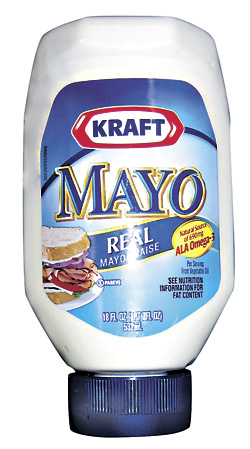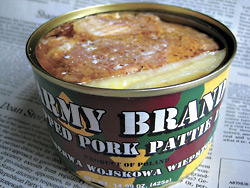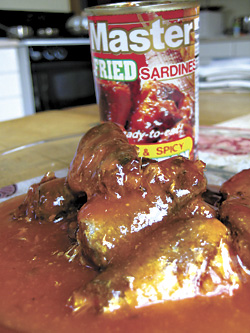A few weeks ago, I read an article in The New York Times about the improbable life of Margaret B. Jones, a half-white, half-Native American foster child who came up hard on the streets of South Central Los Angeles. The story’s occasion: Jones’ recently published memoir, Love and Consequences, in which she describes running drugs for the Bloods as a child, watching her OG gunned down in the street, and being raised by “Big Mom,” a stouthearted grandmother who fed and sheltered her foster brood of gangbangers.
In the article, Jones established her gangster bona fides with the revelation that her daughter’s father was “the first white guy I ever dated” and her daughter “was the first white baby I ever saw.” Sure, Jones may have outfitted her Eugene, Ore., bungalow with furniture from World Market and homemade jams, but she also made sure to have plenty of gangster paraphernalia on hand—including a couple of pit bulls with chunky chain-link leashes.
Jones even made sure that during the interview she was stewing a ghettolicious pot of black-eyed peas and pork neck bones (because nothing says South Central like neck bones, right?), a recipe she said she’d inherited from “Big Mom.”
Turns out that Margaret B. Jones wasn’t a gangbanger. She isn’t part Native American either, and she was never in foster care. In fact, she isn’t even Margaret B. Jones. She’s Margaret Seltzer, a 33-year-old Caucasian who came up cushy on the suburban streets of Sherman Oaks, Calif., and who goes by the decidedly soft sobriquet “Peggy.” Seltzer’s publisher, Riverhead Books, has since recalled all 19,000 printed copies of Love and Consequences, canceled her book tour, and issued a public apology.
As a writer, I can’t help but be fascinated with literary fraud. As a food writer, though: black-eyed peas and pork neck bones? Seriously? Why not throw in a side of chitlins while you’re at it, Peg?
Still, the question remains: Why would Seltzer need to dress up white bread and mayo as black-eyed peas and pork neck bones?
In the days after being ratted out (by her sister, no less), Seltzer was quoted as saying, “I thought it was my opportunity to put a voice to people who people don’t listen to.”
Who knows? Maybe she really did have good intentions. Maybe she truly felt her fraud was the most effective way to focus attention on our country’s impoverished inner cities. Maybe her method was exploitative; maybe it wasn’t.
What is clear is that Seltzer feels deeply for her subject. It’s also clear that she’s a gifted writer, who was first introduced to her agent, Faye Bender, on the strength of her short stories.
But if you’re going to publish this sort of book, find someone who knows what black-eyed peas and pork neck bones really taste like.








